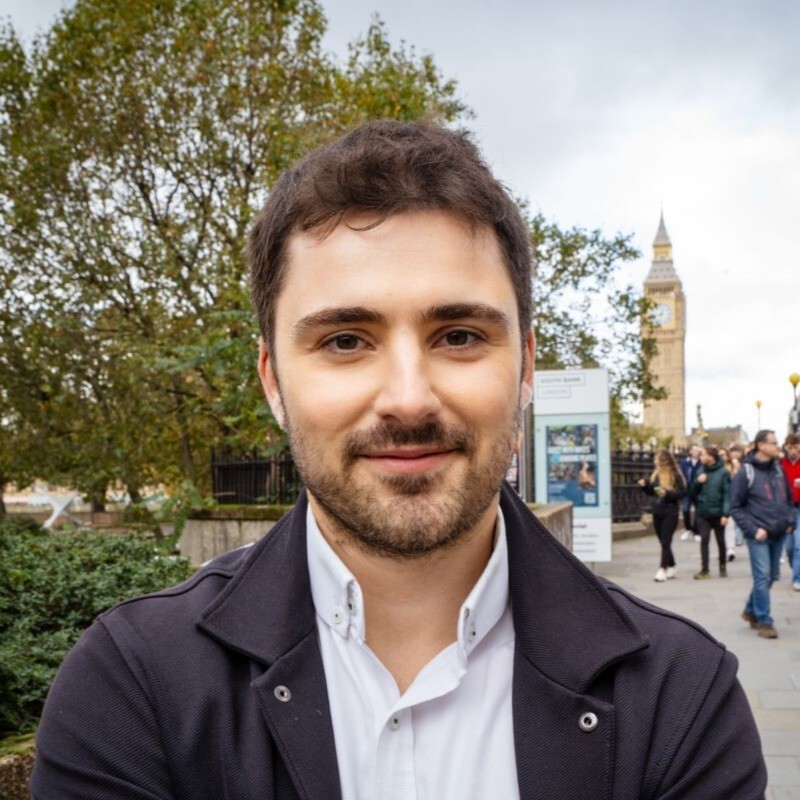

Nicole is a 35-year-old single mother living in Boston. She recently completed treatment for breast cancer and was scheduled for a follow-up screening. The clinic sent a single text message reminder and a letter. She intended to call and reschedule once things settled, but between juggling two part-time jobs and managing childcare, the appointment slipped by.
That screening was meant to catch any early signs of recurrence. When the first reminder failed, no system flagged her as at risk or triggered a smarter follow-up. The opportunity was lost, and by the time Nicole made it back, the cancer had progressed. It was larger, more advanced, and more difficult to treat.
Roughly one in four patients in the United States misses a scheduled medical appointment each year. Among Medicaid patients, that number rises significantly. In some cases, they account for nearly 40 percent of all missed visits, according to NIH data. These no-shows cost the healthcare system more than $150 billion annually, based on NIH-supported research.
Meanwhile, healthcare costs are rising at rates approaching 10 percent a year, fueled by inflation, workforce shortages, and growing demand, a trend highlighted in recent reports from PwC. But beyond the financial cost, the health impacts can be devastating. For patients managing chronic physical or mental health conditions, missing just two appointments in a row increases the risk of dying within a year by as much as eight times, according to a large-scale study published in BJPsych Open.
It is not because people do not want care, but because the system does not meet them halfway. Many clinics still rely on basic scheduling tools that were not designed to engage patients or adapt to real-world barriers.
Most systems assume a stable schedule, access to a working phone, reliable transportation, and time off work. They do not account for school drop-offs, caregiving, shift changes, or high copays. These are just a few of the millions of reasons patients miss care.
There is a smarter way to help clinics predict and prevent missed appointments. AI models can forecast which patients are likely to miss a visit and recommend the best next step. That might mean calling instead of texting, suggesting a new time, or arranging transportation if that is a known issue.
The best systems adapt based on previous interactions, learn what works best, and adjust in real time. They can also highlight appointment availability and offer slots to others waiting for care. This is not just about better reminders; it is about building a safety net that catches people before they fall through the cracks.
Clinics using AI-guided outreach have seen meaningful drops in no-show rates, not because patients suddenly became more available, but because the system got smarter. Messages were sent at better times, using better wording and the right channels. Crucially, more appointment options were offered when a patient was predicted to miss their visit. For many juggling work, family, or transportation, that flexibility made the difference.
AI is not a silver bullet. It will not solve the deep-rooted inequities in U.S. healthcare, but it can begin to address them. Technology must be built with empathy. It should learn and adapt to patients, not expect them to adapt to it. And it must support clinic staff, allowing them to log outreach, flag concerns, and reinforce data with human insight.
Prediction alone is not enough. A smart system must respond, intervene, and support clinical teams in reaching people who might otherwise be lost. Privacy and trust are essential. Technology should use anonymized data, reject personal identifiers, and never sell or share patient information. Its sole purpose should be to help providers reach the patients most at risk.
In Nicole’s case, a timely call or reschedule option might have made the difference. We cannot know for certain, but we do know that silence and inaction let her down. A missed appointment should never be the end of a patient’s healthcare story. It should be the moment the system leans in. With the right tools, technology can recognize when people are slipping through and help bring them back.
About Dr. Benyamin Deldar MD
Deep Medical Founder & Co-Chief Executive Officer
Dr. Benyamin Deldar is a physician who worked at Johns Hopkins and holds a distinction from Harvard Medical School.
About David Hanbury MEng MSc
Deep Medical Founder & Co-Chief Executive Officer
David Hanbury is a machine learning engineer and founder of OptimalAI whose tools have been used by the United Nations.
About Deep Medical
Deep Medical is a health technology company using AI to help clinics predict and prevent missed appointments. Its mission is to support timely, equitable care by connecting patients with the right resources at the right time.
